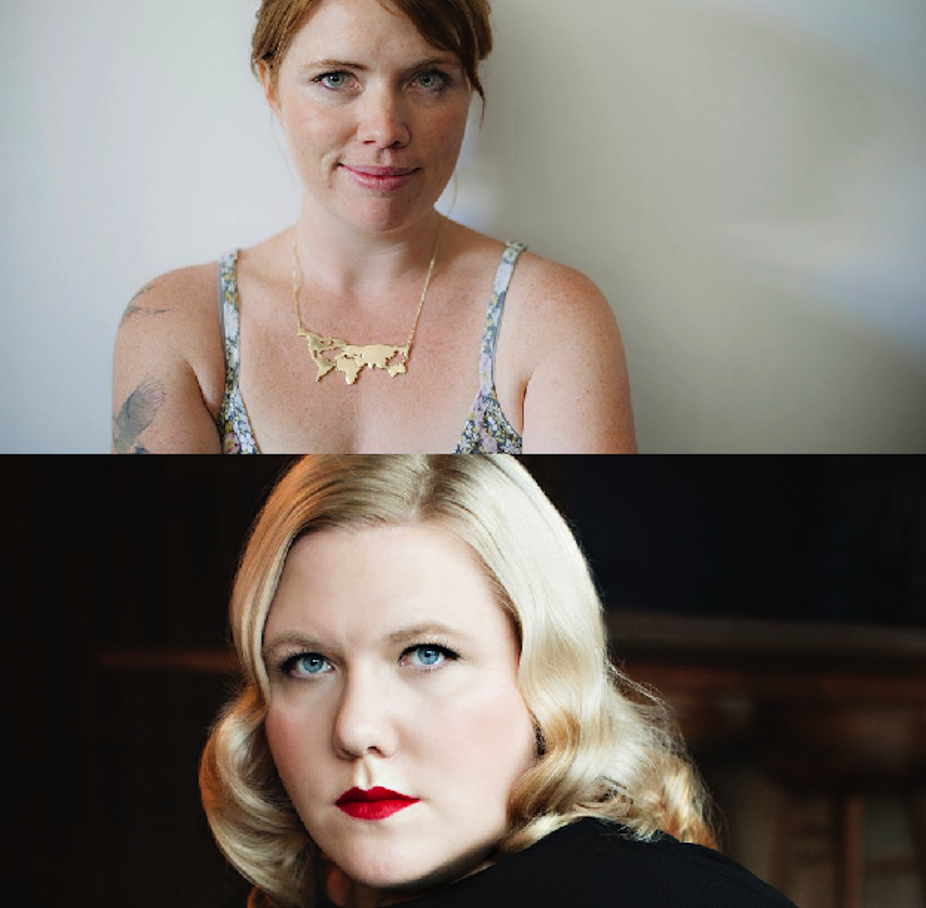Clementine Ford and Lindy West, doyennes of the internet and social media, feminists, and writers, are travelling to Perth, Western Australia to appear at the Perth Writers Festival.
Both of these writers are truly at ease communicating their thoughts and opinions across most platforms, including articles, books, and through engagement with a global community of women on social media, especially on Twitter.
I had the opportunity to talk to them about their views on Twitter at a time when this platform is struggling to find a commercial model to support its business, made all the more difficult by its systemic problems with online abuse.
Twitter highlights one of the biggest differences between life in the online and physical worlds. Whilst at a writers festival it is possible that a person opposed to Ford’s and West’s views might conceivably turn up and argue or heckle, and someone, such as security, festival organisers, the audience or the writers themselves, would probably deal with them. Not so on Twitter. Despite already failing attempts to deal with the all-pervasive levels of abuse on the platform, Twitter has largely turned a blind eye to the problem. The fact that abuse on the platform is one of the biggest factors in preventing anyone buying the company, means this is a problem Twitter can no longer ignore.
Lindy West finally decided to take a break) from Twitter declaring that the platform “is unusable for anyone but trolls, robots and dictators”.
She later told me, “The breaking point for me wasn’t the trolls themselves… it was the global repercussions of Twitter’s refusal to stop them”.
A more salient tipping point for West however was Donald Trump’s use of Twitter during the US election and his major role in normalising and legitimising lies, hate and abuse of almost everyone.
West commented, “What finally got me to leave is the way Donald Trump is using that platform as President. He is using it in a way that I think is dangerous to human life on earth”.
Lindy West is not planning to return to Twitter whilst Trump is still an active user. A bonus for her has been reclaiming the many hours she would devote to Twitter. Plus there are gains to her wellbeing, as she noted that when on Twitter, she was mostly in a state of “anxiety and irritation”.
This again is the difference between Twitter and “real life”. On Twitter there are countless numbers of people willing to spend enormous amounts of time seeking out people, including West and Ford, to abuse.
Clementine Ford has found her own way of dealing with Twitter, and for her, the benefits still outweigh the negatives. She told me, “Despite all of the horrible downsides and despite all of the ways the platform can be used to proliferate abuse, it is the most effective way we have ever had of connecting women with each other”. Women were now able to support each other on the platform, and confidently find ways to resist bad online behaviours. She still believes that social media can be used as a “force for good”.
For Clementine Ford, the Internet is a fundamental part of life, especially for anyone who runs a business or are “creatives”, writers or activists. In fact, she says, “You can’t live [solely] in an offline world now and expect to be part of the mainstream culture”. This was perhaps best demonstrated for her by the use of social media to organise resistance against Trump and in particular the rallying and coordination of women for the Women’s Marches.
Ford is conscious of the fact that social media globalises political and social concerns, especially as people rally around the world against Trump and the alt-right. As an Australian however, she is still keen to remind people here that their own government is capable of unacceptable behaviour by “banning refugees and locking them up”.
Both women see Twitter as unique and its functionality cannot be replaced by a platform like Facebook. Both use Facebook to promote their work but find it less easy to engage people in conversations like they might do on Twitter. However, Facebook is little better than Twitter in dealing with abuse. Ford says, “Facebook has the hypocrisy of pretending to want people to use their real names whilst turning their backs to obviously fake accounts or burner accounts that people set up so that they can repeatedly spam people’s pages after they have been blocked”.
Both women published successful books last year: “Shrill: Notes from a Loud Woman” by Lindy West and “Fight Like a Girl” by Clementine Ford.
They will both be appearing at the Perth Writers Festival talking about their work, politics, activism, women and of course, the Internet.

